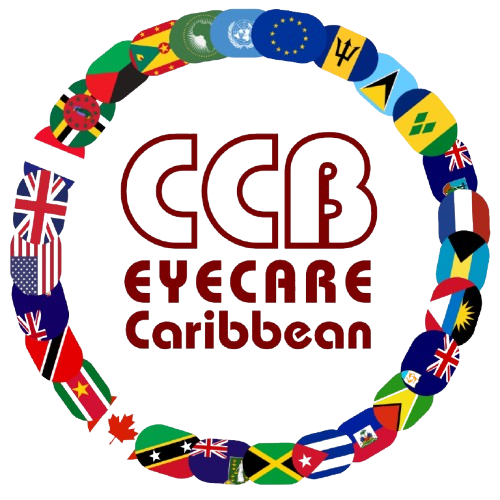This meeting was convened against the backdrop of the extra-ordinary: social, political and economic challenges, presented by a pandemic operating in tandem with the tropical hurricane season. Members noted the often (dire) situation of people living with special needs and opined the catastrophic effect which COVID-19 and an active hurricane season could have on an already vulnerable segment of the population.
This bulletin is the product of a series of zoom-based meetings which first convened at 2:00 PM on Friday July 3rd 2020 (Eastern Caribbean time) and supplemented by a number of written submissions including COVID related actions advanced by the World Blind Union.
The meetings, chaired by Kerryann Ifill (of Barbados) President of CCB, were attended by eye health and blindness services representatives from: Antigua-Barbuda, Barbados, The Commonwealth of the Bahamas; The Republic of Guyana, Jamaica, St. Lucia and Trinidad-Tobago.
- It was noted that in the English-speaking CARICOM, up to: four (4) per thousand children of school age are visually impaired requiring special education services; while 4% or about 240,000 adults are visually impaired; unable to use sight in activities like reading, writing, driving, locating farm animals and recognizing facial features.
- Delegates acknowledged inclusion of some special needs people in emergency relief projects while noting that, although many are not receiving such benefits their families and friends continue to support them.
- The meeting urged Governments to give timely attention to the following areas of human needs:
- Discontinue restricting specialist health clinics in the fight against COVID-19: Members urged Prime Ministers to discontinue the practice because the action exposes people with co-morbidities; and there is nothing to gain by increasing death and disability, in an attempt to control COVID-19.
- Inclusive Education: Delegates called on Education Ministries to put in place accessible online education systems and facilitate access by children with special needs.
- National governments to assure that people with special needs are adequately represented in decision-making relating to COVID-19 and other emergency responses by:
- Guaranteeing that all official information is provided in a format accessible to special needs people
- Establishment of a hot line (manned by suitably trained special needs people) to answer questions and provide tactical and strategic information to persons who are blind or have other special needs, as a matter of priority
- Accessible service delivery systems:
- Governments, and all relief agencies to ensure that emergency response packages including: financial aid programs, registration processes, application forms for emergency relief support, and travel apps are fully accessible to persons who are blind or living with other special needs; Where available, this should include geo-mapping and similar IT and web-based solutions.
- Suppliers of goods and services, urged to do so in an accessible environment.
- Employment: The Emergency Response Team urges local and national governments to provide fiscal incentives and statutory mechanisms which prod employers to retain employees, especially persons with disabilities who are at a higher risk of losing jobs.
- Future deliberations of the CCB Emergency Response Team will continue to review and update the situation of special needs people in the Caribbean, indexed against targets articulated in the Sustainable Development Goals, The UN’s Convention on the Rights of People with disabilities and other relevant conventions and protocols.
Arvel Grant
